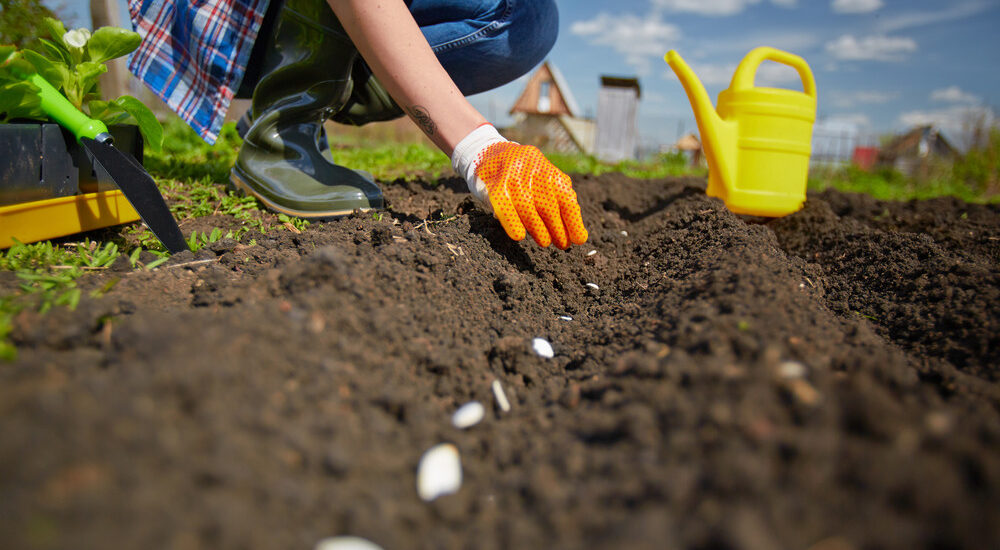Did you know that single-family residences make up an estimated 67% of landscaping projects in the United States? Growing a food garden can potentially cut down on the amount of money you spend on groceries, but the savings also depend on several factors. These include the costs associated with growing the crops, the types and quantities of vegetables planted, and the yields from the garden. With the right approach, your food garden can save you money on grocery bills. Here are five tips to help you save money by starting a food garden.
1. Pick Vegetables That Are Adaptable to Your Climate
Understand your local climate before starting a vegetable garden so you can make better decisions about the vegetables you should plant. Understand how elements like sunlight, rainfall, frost, and pests will impact your produce. The secret to setting up a food garden in a cost-effective manner is to know what grows best in your environment. Find out what works for your area, such as cool-season vegetables or spring-to-fall vegetables. This is critical to avoid putting your money and effort into plants that aren’t suitable for your garden.
You should also research the types of weeds, nematodes, and plant-eating insects that are likely to attack your food garden. When you do your research, you’ll learn things, like that food crops face intense competition from 10,000 species of plant-eating insects, 3,000 species of nematodes, and 30,000 species of weeds.
2. Collect Rainwater
Every garden needs water, and generally, a lot of it. As the growing season intensifies, you might see an increase in your water bill. Collect rainwater to minimize your water usage while still keeping your garden hydrated. Compared to turning on the hose, rainwater is not only free but also environmentally friendly. In fact, large garden hoses can use up a staggering 23 gallons per minute.
Remember to cover your rainwater collection basin with a mesh covering to keep animals and plants from falling in. You can use leftover chicken wire for this.
3. Grow Your Favorite High-Yielding Vegetables
To ensure your vegetable garden truly saves you money, choose vegetables that you love, and are relatively simple and inexpensive to manage, but yield a lot. For instance, if you’d like to consume fresh salads every day, it makes sense to grow lettuce and other greens that grow easily and rapidly in home gardens. Growing your onions and garlic can also save you money because they’re used in so many recipes and meals. Besides, they don’t require much space, which makes them a great choice for smaller gardens that only require minimal maintenance.
4. Start Your Own Seeds
Starting your seeds is one of the best approaches to reducing the cost of setting up your food garden. In contrast to seedlings at the plant nursery, which may cost up to $4 apiece, a pack of seeds typically costs $3 to $8 and has at least 20 to 40 seeds. However, growing your own seedlings is no easy feat, so make sure you do your research. You can watch YouTube videos or read books to get an idea of which system will work for you. However, for something more tailored to your needs, the majority of universities or garden centers have expert gardeners who answer inquiries from the public for free.
5. Make Your Supports
The cost of the support structures that plants need is one of the most expensive aspects of gardening. Cucumber and squash plants need to be directed by a trellis, while tomato and pepper plants need to be contained in cages. These support structures are quite expensive to purchase from a hardware or garden store. For example, most standard-size trellises cost over $50. Instead, exercise your handiness to save some money. Large sticks or poles, pallets, wood planks, and chicken wire are all you need to craft at-home plant supports. If you need help, ask for assistance at your local hardware store.
Most people believe that setting up a food garden at home is expensive, especially if it’s your first time. However, it doesn’t have to be. Feel free to use these great tips to save money on your food garden.
